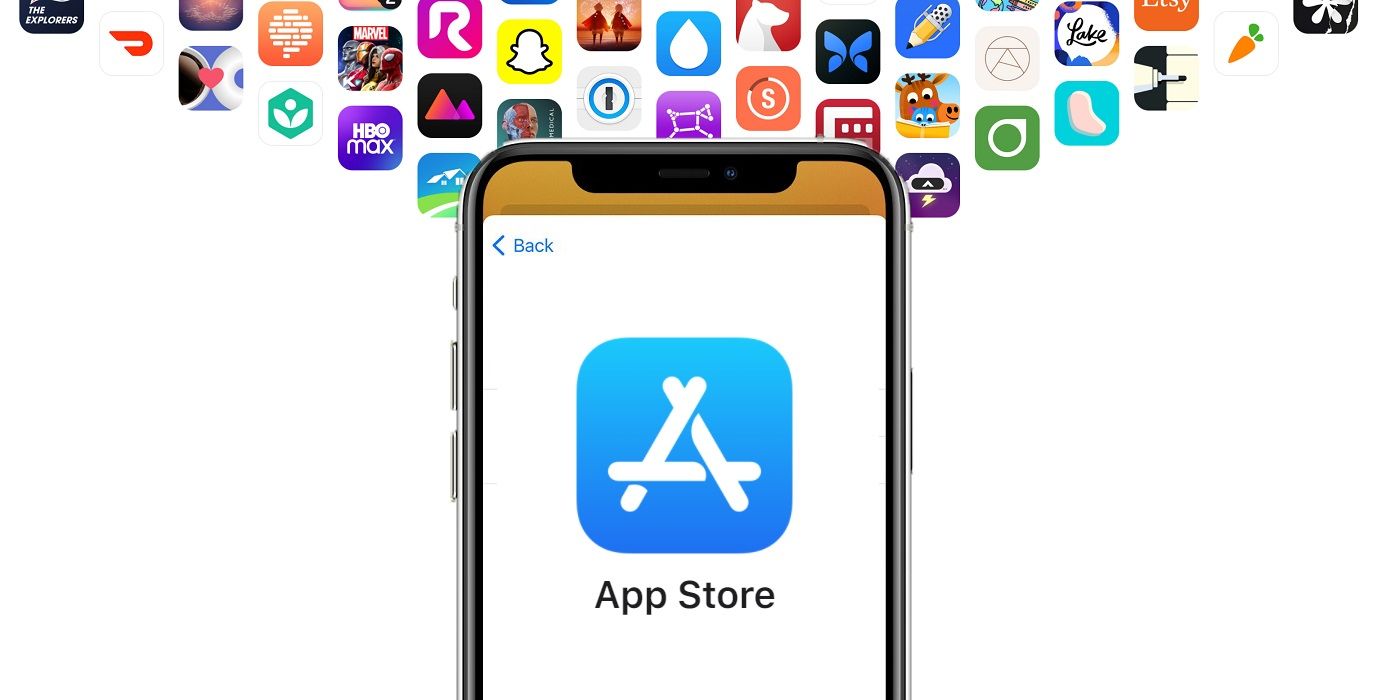Arizona has taken a significant step against developer fees enforced by app stores like the Apple App Store and the Google Play Store. However, there’s still a way to go before the state can translate these actions into law. Even then, questions remain about what kind of impact it would have on the two leading app stores in the virtual marketplace.
The App Store’s standard commission rate for developers is 30 percent, though Apple did announce in November 2020 that small businesses earning $1 million or less would only be subject to a 15 percent rate. Apple said this decrease is intended to “accelerate innovation” and help small businesses continue to grow their products. The App Store Small Business Program — Apple’s official name for the scheme — officially launched on January 1, 2021. Google, meanwhile has a 30 percent transaction fee for all purchases made in Google Play.
The discounted rate program isn’t good enough for the Arizona House of Representatives, which, as reported by CNBC and others, recently voted 31-29 on a bill that would require app stores to allow developers to implement their own payment methods. Doing this would allow developers to avoid commission and transaction fees enforced by both app stores, but there are still a few roadblocks standing in the way of the potential law. The Arizona Senate still needs to approve of the legislation, then pass it to Arizona Governor Doug Ducey. Even if it gets past the standard checks and balances of government, the bill would only affect companies and users that reside in Arizona.
Arizona Could Be A Bad Omen For App Stores

If this new Arizona bill does become a law, even though there isn’t a clear path or timeline for it to do so, it likely wouldn’t force Apple or Google into making major changes to their app stores. After all, the law would only apply to Arizona-based companies and users, and would have no jurisdiction in other parts of the country or even the world. Regardless, it could spell the beginning of future troubles for the likes of Apple and Google.
Arizona isn’t the first state to look at introducing legislation for combating the rates imposed by these tech giants. A few weeks ago, the North Dakota State Senate debated a similar bill, ultimately voting against the proposed law. Obviously, there is a growing trend here. It’s no secret that many aren’t thrilled with the cut that Apple and Google force developers to give them and more states may follow in Arizona’s footsteps to try and give small businesses a way around these large fees.
Undoubtedly, Apple and Google have already realized this and, more than likely, they’ve started working on rate reforms or other options to appease increasingly disgruntled developers and state governments. Both app stores are crucial parts of the mobile device marketplace and should be compensated as much. The question all involved parties are trying to answer now is, how much compensation is fair for each side? The answer, for the time being, is between 15 and 30 percent. In the future, though, states and developers could succeed in pressuring Apple and Google to reduce their rates.




